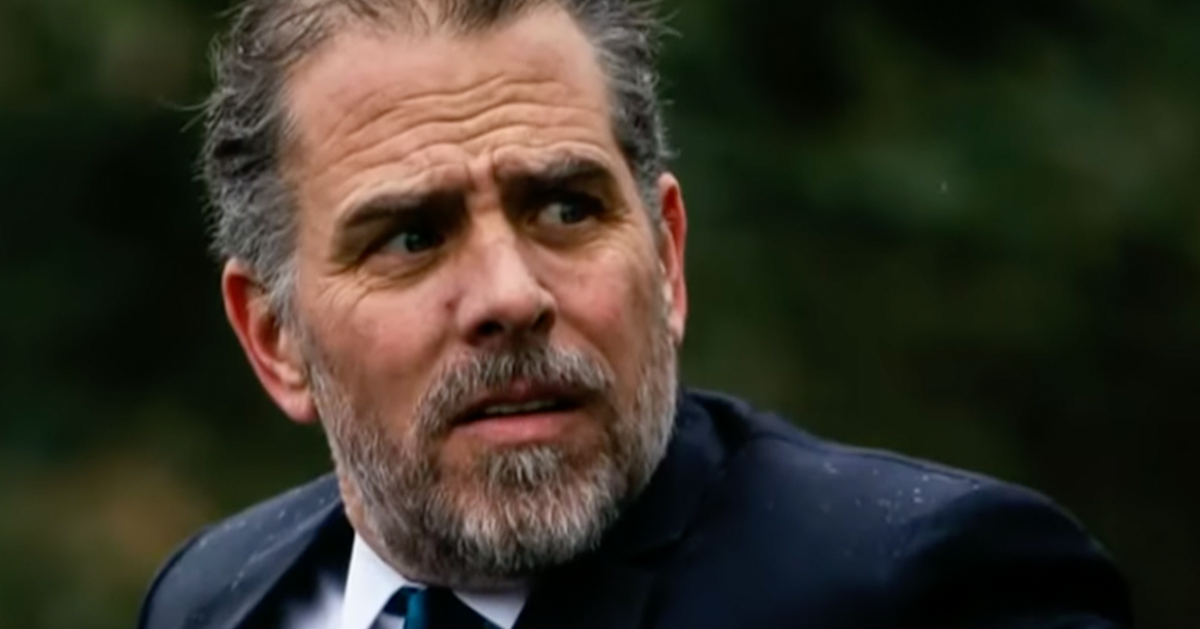Rep. Elise Stefanik Applauds Columbia University President’s Resignation
Columbia University President Minouche Shafik has announced her resignation from the Ivy League institution, a decision she attributed to the recent toll on the university community stemming from intense anti-Israel demonstrations.
Rep. Elise Stefanik (R-NY) welcomed the announcement, sharply criticizing Shafik's handling of the situation and her overall tenure, expressing that the resignation was overdue and indicating that Shafik's leadership failed to adequately protect Jewish students amid the ongoing tensions, as Breitbart reports.
Anti-Israel Protests Spark Internal Unrest
The controversy began when anti-Israel protests erupted on Columbia’s campus last spring, escalating to the point where the New York Police Department had to summoned for assistance. Protesters had taken control of a building on campus in May, leading to widespread concern about safety and the university's response to the situation.
Shafik, in an open letter to the community, cited the distress caused by threats and abuse that targeted her, her colleagues, and the students as a significant factor in her decision to resign.
"This period has taken a considerable toll on my family, as it has for others in our community," Shafik wrote, emphasizing the personal and professional challenges she faced during this turbulent period.
Rep. Stefanik Criticizes Shafik's Leadership
Stefanik, a vocal critic of Shafik, responded to the resignation with a pointed statement. Stefanik has been critical of Shafik’s presidency, particularly her response to the anti-Israel protests.
“THREE DOWN, so many to go,” Stefanik stated, referring to other university leaders she believes should also resign. She argued that Shafik’s resignation was "forced" due to her failure to protect Jewish students from what Stefanik described as a hostile environment.
Stefanik further condemned Shafik's negotiations with what she called "pro-Hamas terrorists," asserting that stronger leadership is needed in American higher education to address rising antisemitism and protect Jewish students and faculty.
“After failing to protect Jewish students and negotiating with pro-Hamas terrorists, this forced resignation is long overdue,” Stefanik added, calling for moral clarity and stronger institutional responses to such crises.
Jewish Students Voice Concerns Over Campus Safety
The protests and subsequent events at Columbia have left Jewish students feeling particularly vulnerable. In an open letter, Jewish students at Columbia expressed their distress and fear, stating that they did not choose to become political activists but were forced into it by the hostile environment.
"Most of us did not choose to be political activists," the letter reads. "We are average students, just trying to make it through finals much like the rest of you. Those who demonize us under the cloak of anti-Zionism forced us into our activism and forced us to publicly defend our Jewish identities."
The letter highlights the growing concern among Jewish students about their safety and the university’s ability to protect them from rising antisemitic sentiments. This sentiment was echoed by Stefanik, who pointed to the students' letter as evidence of the need for change in leadership.
Columbia University Faces Leadership Challenges
Shafik's resignation comes at a time when universities across the country are grappling with how to respond to escalating political tensions on campus, particularly those involving the Israel-Palestine conflict.
Shafik, who has tried to navigate these complex issues with what she described as fairness and compassion, acknowledged the difficulty of maintaining academic principles while also ensuring the safety and well-being of all students.
“I have tried to navigate a path that upholds academic principles and treats everyone with fairness and compassion,” Shafik wrote in her letter. “It has been distressing -- for the community, for me as president and on a personal level—to find myself, colleagues, and students the subject of threats and abuse.”
Conclusion: A University at a Crossroads
As Columbia University moves forward without Shafik, the institution faces the challenge of rebuilding trust within its community and addressing the concerns that led to her resignation.
The university must now seek new leadership that can navigate the complex social and political landscape of higher education while ensuring the safety and inclusion of all students. Stefanik’s remarks and the students’ open letter underscore the urgent need for change and the critical role leadership plays in fostering a safe and supportive academic environment.
In summary, Shafik's resignation marks a significant moment for Columbia University, as it grapples with internal strife and external pressures. The future leadership of the university will need to address these challenges head-on to restore stability and confidence within the community.






